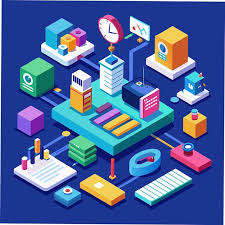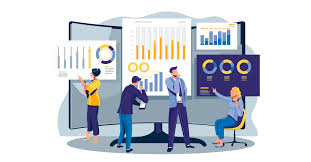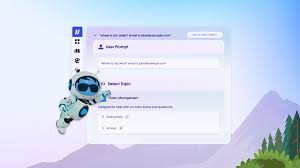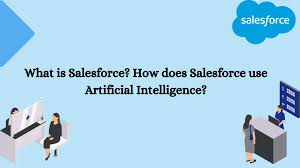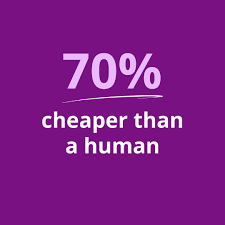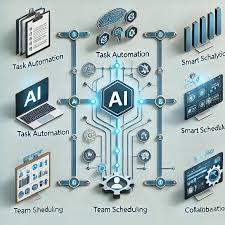Keeping People at the Core of AI
Successfully adopting AI requires thoughtful planning and a focus on human impact. While the pressure to leverage AI is immense across industries, the path to transforming its potential into meaningful outcomes is less clear. Businesses must address critical questions: What impact do we aim to achieve? Are we prepared for the organizational changes AI will bring? Mark Wakelin, Executive Vice President of Global Professional Services at Salesforce, emphasizes the importance of understanding the “why” behind adopting AI. “You need a clear vision of the impact you want to have and the use cases you’ll deploy,” he explains. A Readiness Checklist Before diving into AI initiatives, organizations must evaluate their readiness. This involves: “This isn’t just a technology equation,” Wakelin notes. “AI is also a legal, ethical, and humanitarian equation. It has the potential to significantly impact humanity, and we need to approach it within the context of workforce operations.” Linking AI to Business Value A common mistake in AI strategies is failing to align initiatives with tangible business outcomes. Wakelin recalls an engineer boasting about processing billions of images with AI but unable to articulate its business application. Companies must start by identifying where AI can have the greatest impact: Trust as the Foundation For AI to succeed, trust must be at the core of its implementation. This includes: “Trust is earned through predictable, integrity-driven behaviors,” says Wakelin. Unlike humans, machines lack relationships, so fostering trust within the ecosystem is crucial. Starting with People AI strategies should prioritize people, not technology. Wakelin stresses the need for transparency and proactive communication about AI implementation. This includes clear plans for: Partnering for Success Salesforce Partner Services supports organizations through this journey by: Reach out to Tectonic today to road map AI adoption for your organization. These steps help customers adopt AI thoughtfully, balancing opportunities with risks, and ensuring initiatives are controlled and trust-driven. A Vision for AI’s Future “AI is the most exciting development of my 35-year career,” Wakelin shares. He envisions AI enhancing productivity, education, and work-life balance while fostering diversity and equity. In the coming years, AI holds the promise of significantly improving society—provided organizations keep people at the center of its evolution. Like Related Posts Salesforce OEM AppExchange Expanding its reach beyond CRM, Salesforce.com has launched a new service called AppExchange OEM Edition, aimed at non-CRM service providers. Read more The Salesforce Story In Marc Benioff’s own words How did salesforce.com grow from a start up in a rented apartment into the world’s Read more Salesforce Jigsaw Salesforce.com, a prominent figure in cloud computing, has finalized a deal to acquire Jigsaw, a wiki-style business contact database, for Read more Health Cloud Brings Healthcare Transformation Following swiftly after last week’s successful launch of Financial Services Cloud, Salesforce has announced the second installment in its series Read more


